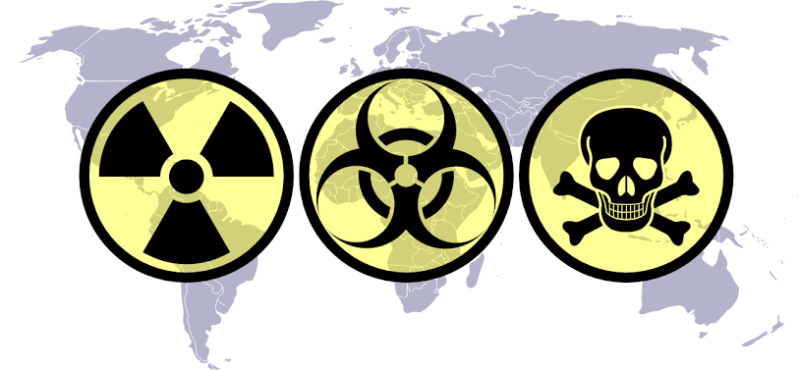Undoubtedly science and technology have assisted human beings in shooting up the productivity per acre of crops. Still,when they come in confrontation with natural cataclysm, both of them are vulnerable and feeble. Whenever these natural catastrophes like weather, climate, diseases, floods, earthquakes and attacks by insects or occasionally man-made disrupting conditions like local or regional conflicts, displacements, currency depreciation, biological war and nuclear arms war, which can perturb schema to that proportion that several flimsies develop in the man, nation or world; food insecurity is one of them. Food security is a measure of the availability of Food and individuals' ability to access it. It can have impacts on different levels from global to household. If its impact is worldwide, then it will be contemplated on a global scale, but if only a singlestate or nation is getting affected, it will be known as national or state food insecurity, so on and so forth.
There is a strong interconnection between population growth and food security. World's population is going on the increase, which is already 8 billion unabated, whereas resources are stagnant. The relation is directly proportional. The more population is there, the more Food is required. On the contrary,instead of advancing agricultural resources, we are building new housing colonies on agricultural lands. It is nothing less than toadd salt to injury because there is already a scarcity of Food in the world while we are cutting new housing colonies by destroying agricultural lands. It will do nothing but aggravate the severity of food insecurity. In 2019 PM Imran Khan had asked CDA to prepare rules for converting buildings into skyscrapers. He strictly condemned building housing colonies on agricultural lands.
Most of the African, middle eastern, and some of the Asiancountries have been ill-starred on this issue. These parts of the world have been facing an acute shortage of Food and malnutrition for many years owing to conflict issues, natural calamities, droughts, and economic shocks due to corruption or some other reasons. A very recent statement from the World Food Programme Chief tells us that, we are facing a hunger pandemic. According to a report, GRFC (Global Report on Food Crises) 2020, published by WFP (World Food Programme),135 million people have been found victims of food scarcity in 55 countries. Out of these 135 million people, 73 million people belong to Africa,43 million to the Middle East and Asia, and 18.5 million to Latin America and the Caribbean. Comparing the current report with previous ones, it was found that the population in crisis has risen from 112 to 123 million people in 50 countries. It was reflected in the report that most of the African and middle eastern parts got worsened due to local and regional conflicts. Around 183 million in the report were classified in stress conditions who were on the verge of food scarcity. Yemen was a leading country in the report with 15.9 million people who were facing an acute shortage of Food and were undernourished. Seventy-five million children were found stunted. The conditions which led Latin America and the Caribbean into food starvation were sociopolitical crises,weather extremes, lack of employment, and high food prices. It was indicated in the report that Baluchistan and Sindh were the areas that had been facing drought since 2013 due to low rainfall, inflation, and currency devaluation. "The 2018 monsoon season rain was almost 70 percent below average in Sindh and 45 percent in Baluchistan. This resulted in acute shortages ofwater, Food, and fodder into 2019 " Refugees from Afghanistan who were not less the 1.4 million, also worsened condition as Pakistan was already fighting against terrorism and poverty in its area.
The world is dealing with the menace of pandemic Covid19, and another challenge of locust attack is ahead. Developed countries like Japan has gone into recession due to pandemic, what can one predict about a debt-ridden country like Pakistan? Locusthas entered in many of the areas of Pakistan, and it has started to demolish crops. This crop-eating insect is attacking Pakistan after 17 years, and Pakistan may have to face massive food shortage and loss to its agriculture sector like Gog Magog. These crop-eating insects do not leave what comes in their way neither crops nor trees when these take the shape of a big swarm. A committee has been formed along with army personnel to take anti-locust measures, but from my point of view, these measures are nugatory. The government must appoint pure food and agricultural experts, and must come up with a strong and clear cut policy for the farmers and for food industries; otherwise, it will be too late.
So Pakistanis must be ready for a setback and must keep measures by themselves by adopting austerity at the dining table and functions where more than 40% of food is wasted. Helping the poor and sharing your dining table with them and also with your neighbors who are facing an acute shortage of food and are undernourished may take you out of this distress.






